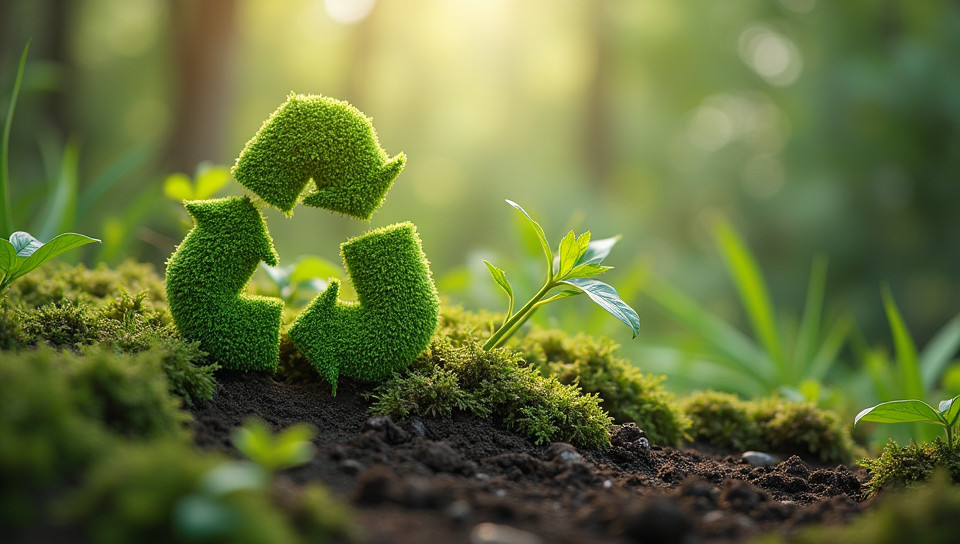Lack of resource conservation affects upcycling negatively 81%

The Unsustainable Side of Upcycling: The Devastating Consequences of Lack of Resource Conservation
In the world of sustainable living, upcycling has become an increasingly popular trend. This creative approach to waste reduction involves transforming discarded materials into unique and valuable products, often with a lower environmental impact than traditional recycling methods. However, despite its benefits, upcycling is facing a major obstacle: the lack of resource conservation.
The Problem with Over-Extraction
The upcycling process relies heavily on the availability of raw materials, which are often sourced from non-renewable resources such as wood, metal, and plastic. When these resources are extracted at an unsustainable rate, it can lead to deforestation, pollution, and degradation of ecosystems.
The Resource Depletion Cycle
- Over-extraction of natural resources for upcycling purposes
- Increased demand for raw materials leads to more extraction and processing
- Processing and manufacturing contribute to greenhouse gas emissions and pollution
- Waste management systems struggle to keep up with the influx of discarded materials
The Impact on Upcycling
The lack of resource conservation has a direct impact on the upcycling industry. With decreasing availability of raw materials, upcyclers are forced to:
- Use lower-quality materials that compromise the integrity and longevity of their products
- Rely on imported materials, increasing carbon footprints and supporting unsustainable practices
- Focus on fast fashion-style upcycling, prioritizing speed over quality and durability
A Call to Action
As the demand for sustainable living continues to grow, it's essential that we address the root causes of resource depletion. By promoting responsible sourcing, reducing waste, and investing in renewable energy sources, we can create a more sustainable future for upcycling.
Conclusion
The lack of resource conservation is a significant challenge facing the upcycling industry today. As consumers, producers, and policymakers, it's our responsibility to prioritize sustainability and take action to mitigate the negative impacts of over-extraction. By doing so, we can ensure that upcycling remains a viable and effective tool for reducing waste and promoting environmental stewardship. The future of upcycling depends on it.
- Created by: Aline Rocha
- Created at: Aug. 30, 2024, 9:16 p.m.
- ID: 8540




